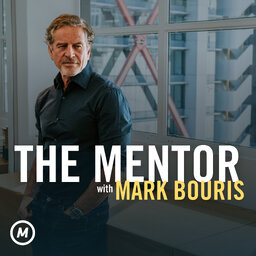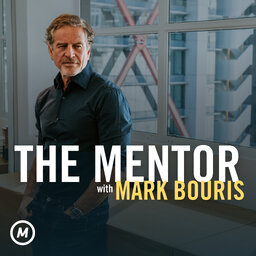#446 Money Of Mine: The leading voices in the Aussie mining scene
Join us as we dive into the world of mining with the hosts of Money of Mine, Matt Michael, Travis Ricciardo, and Jonas Dorling.
Since launching their Daily Mining News YouTube channel in April 2023, Money of Mine has quickly become one of Australia's top sources for mining news. These guys bring a ton of knowledge and unique perspectives. Matt's an ex-underground miner, while Travis and Jonas come from investment banking and equity research backgrounds. The trio break down the daily mining news with a great mix of banter, financial info and current affairs.
In this episode, we'll dig into their journey and experiences in the mines, how they teamed up, and the current state of the mining industry. We'll also uncover how they've dominated their niche, the advertising perks of running a mining podcast, and what's on the horizon for them. Plus, I'll share a bit about my own adventure getting involved in a mine overseas.
Check out Money Of Mine's Youtube channel here: https://www.youtube.com/@MoneyofMine
You can subscribe to the Mentor newsletter here: https://mentored.com.au/newsletter-sign-up
Follow Mark Bouris on Instagram, LinkedIn & YouTube.
 The Mentor with Mark Bouris
The Mentor with Mark Bouris


